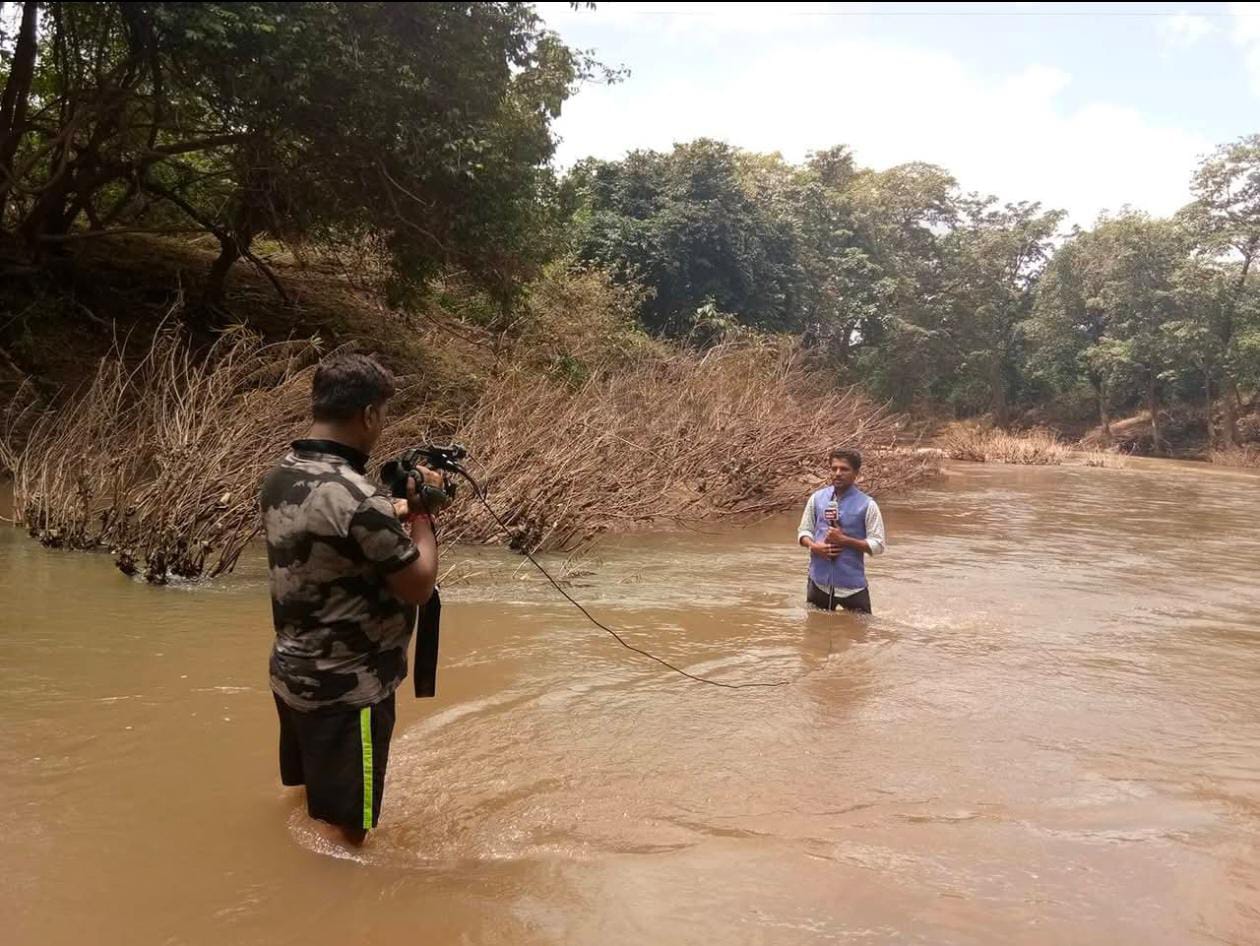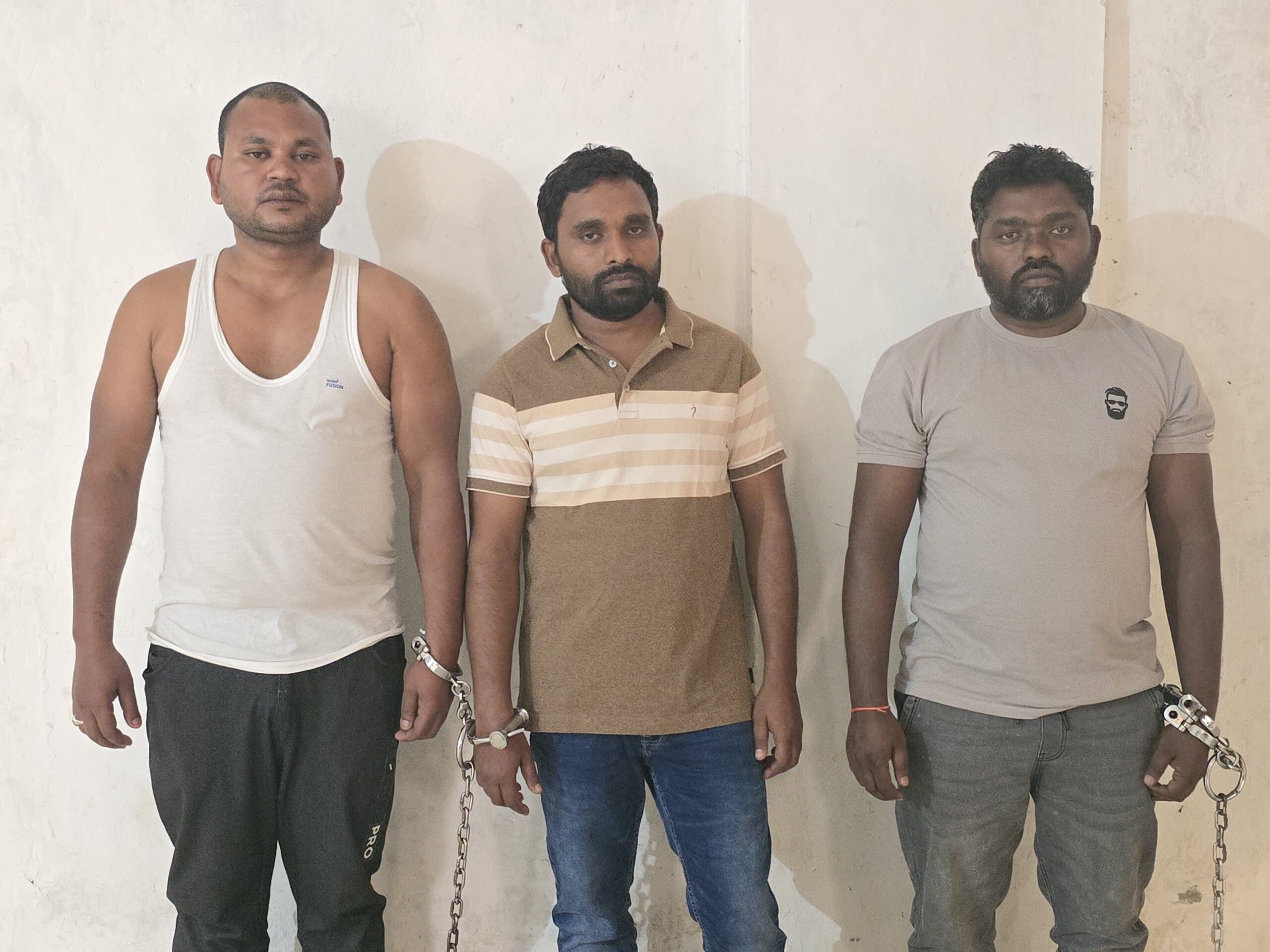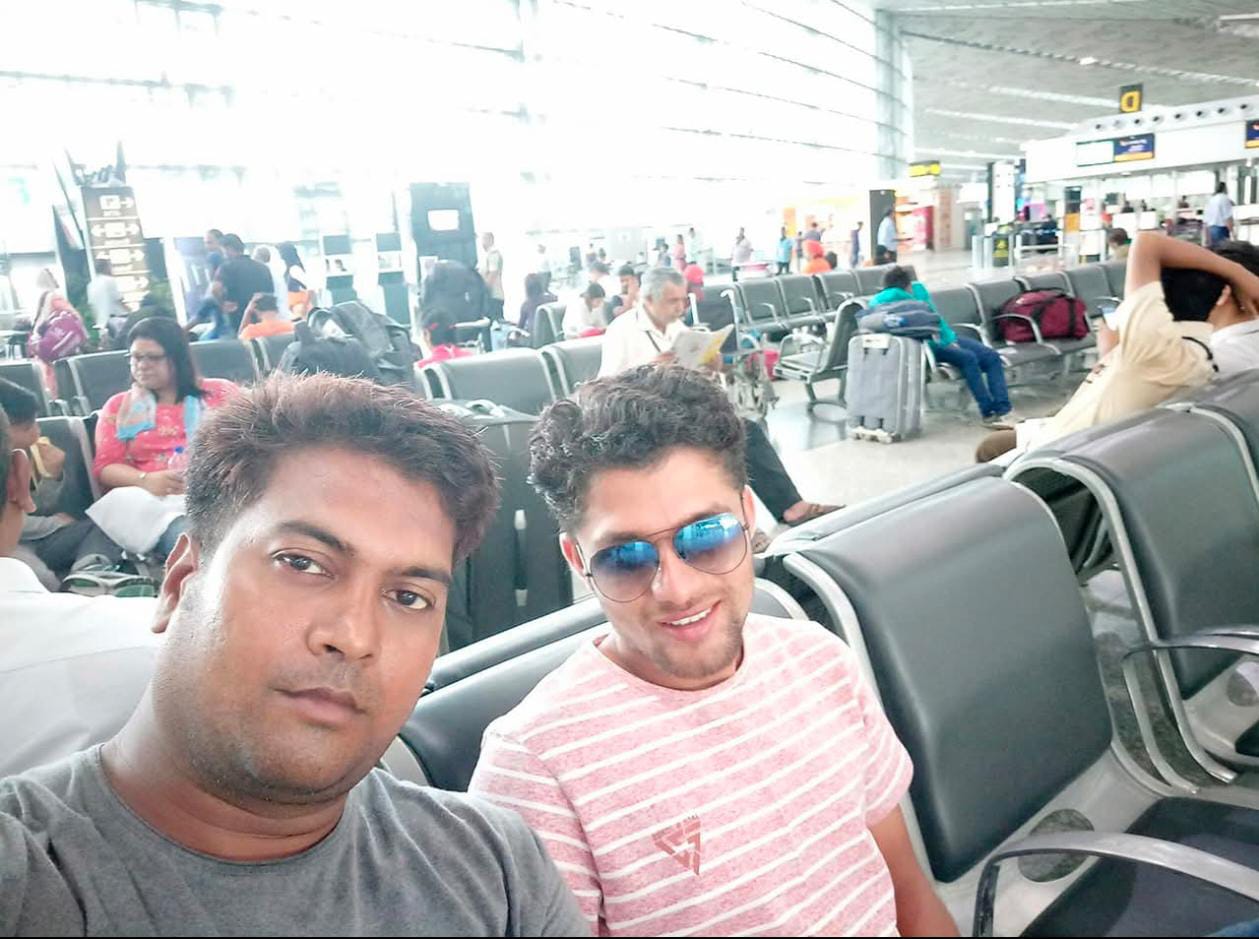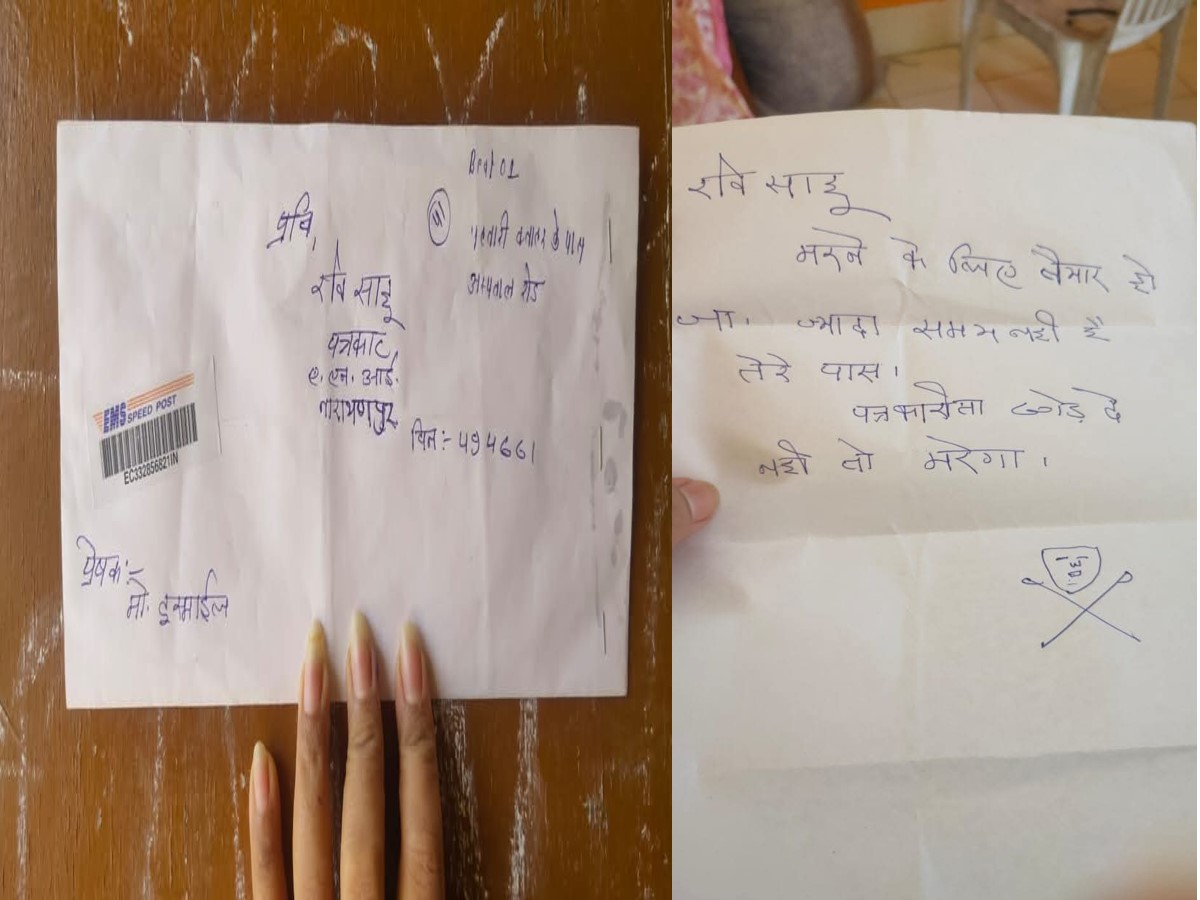Journalist Mukesh Chandrakar: A Voice of Bijapur, Silenced Too Soon

Poonam Masih, TwoCircles.net
Mukesh Chandrakar was not just a name; it was the very identity of Bijapur (Chhattisgarh). For journalists, whether from India or abroad, a visit to Bijapur was incomplete without meeting this young, fearless journalist. Mukesh made his mark with his stories on tribal issues, security forces and Maoist encounters. A stringer for NDTV who also owned a YouTube channel, Bastar Junction, he became a household name. His X profile still proudly displays a pinned video where he managed to bring a CRPF jawan home, who was held hostage by Maoists.
Mukesh went missing on January 1 night.
The Search Begins
Mukesh’s elder brother, Yukesh Chandrakar, filed a missing complaint on January 2, sharing the news on social media in a desperate plea for help. The police soon traced Mukesh’s last phone location to the premises of Suresh Chandrakar, a local contractor, where his employee also resided. As the investigation unfolded, a shocking discovery was made: a freshly cemented septic tank on the premises. Upon further investigation, Mukesh’s body was found dumped inside the tank, bearing multiple injury marks on his head and back.
Bijapur Superintendent of Police, Jitender Yadav, said, “We are questioning many people, including Suresh Chandrakar, because the body was found on his premises."
A Family Connection, A Deadly Argument
As the investigation deepened, it was revealed that Mukesh’s murder was connected to a family. He had a familial relationship with the accused, Ritesh and Suresh Chandrakar. On the evening of January 1, Ritesh invited Mukesh over dinner, but an argument broke out between the two over an interruption in work. In a fit of rage, Mukesh was murdered.
Three people - Ritesh Chandrakar, Mahendra Ramteke and Dinesh Chandrakar - were arrested from Raipur airport. However, the main accused, Suresh Chandrakar, remains at large.
After Mukesh’s funeral, Bastar IG Sunderraj P. held a press conference where he revealed, “After a heated argument over a road contract, Mukesh was struck with an iron rod. He died, and his body was then disposed of in the septic tank.”

A Journalist Who Took on Corruption
Just days before his tragic death, Mukesh had exposed an alleged corruption scandal in a Rs 120-crore road construction project in Bastar. This led the state government set up an inquiry, which scrutinised the road contract given to none other than Suresh Chandrakar.Mukesh’s reporting was his life’s work, especially on issues that directly impacted the tribal communities in the region. His death, however, has sparked anger and frustration among journalists, not just in Bastar, but across the nation.
Journalists Protest: The Road to Justice
Following Mukesh’s murder, journalists across the country rallied together in protest. On January 4th, roads were blocked in various parts of Bastar, with demonstrators chanting, “Mukesh Amar Rahe” in his honor. Mukesh’s work, especially his relentless coverage of the tribal issues in Bastar, left an indelible mark.

In 2023, Mukesh had travelled deep into the forests of Talmetla, Sukma district, to report on an encounter in which two men were killed by security forces. While the police insisted that the deceased were Maoists, Mukesh’s investigative reporting proved otherwise. He uncovered the truth — Rava Deva and Sodhi Kosa were not Maoists but innocent tribal men. His courage in the face of such a dangerous story has made his loss even more devastating for his friends and colleagues.
The Grief of Mukesh’s Friends
Ranjan Das, a close friend and fellow journalist, told TwoCircles.net, “Losing Mukesh has weakened our reporting. He and I used to work together on so many stories. The discussions about where to go and what to do are now over. It feels like a part of us is gone.”
Ranjan went on to describe how Mukesh, despite his humble beginnings in the Salwa Judum refugee camp, had always been there for others. "Even when I came to Bijapur for the first time, it was Mukesh who gave me a place to stay and helped me report. That kind of help will never be forgotten."
A Dangerous Territory for Journalists
Journalists in Bastar have long worked in perilous conditions, but after Mukesh's murder, many are questioning whether the threats from contractors are now more dangerous than those posed by Maoists. Just a few days ago, Ravi Sahu, a journalist from Narayanpur district, received a death threat via a note through courier. Ravi said, “I filed a police report, and after investigation, it was found that the threat came from Manish Rathore, a contractor in Narayanpur. He is currently out on bail.”

Ravi also mentioned the impact of such threats on his work: “The police have provided me security, but it affects my work. You can’t take a gunman everywhere. But I have to do my job, and so I continue.”
A Nation’s Loss, A Region’s Struggle
Mukesh Chandrakar’s untimely death has left a vacuum in Bastar’s journalistic community. His courage in exposing corruption, his dedication to tribal issues, and his fierce commitment to truth made him an indispensable voice. But with his murder, a chilling message has been sent: in regions like Bastar, where the nexus of politics, corruption, and violence often intersects, speaking truth may cost more than a journalist’s career—it can cost a life.
As the investigation unfolds, journalists everywhere are demanding justice for Mukesh. His work, his legacy, and the truth he uncovered live on.
